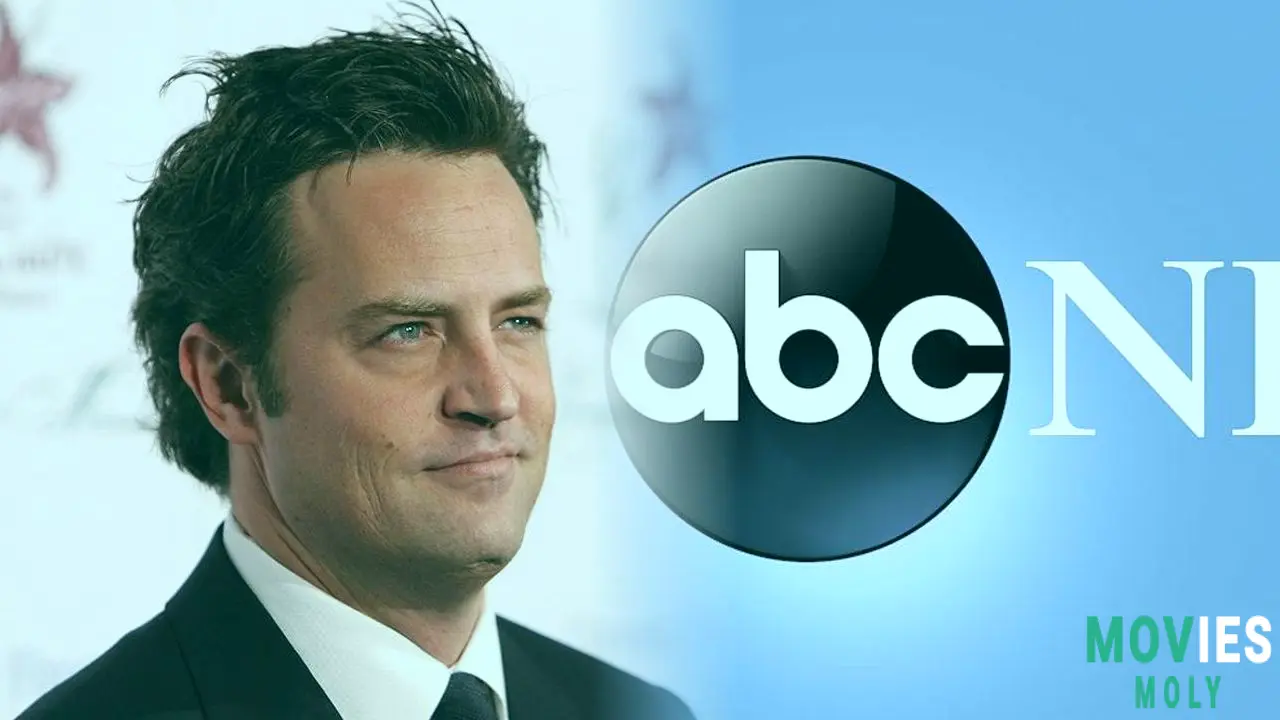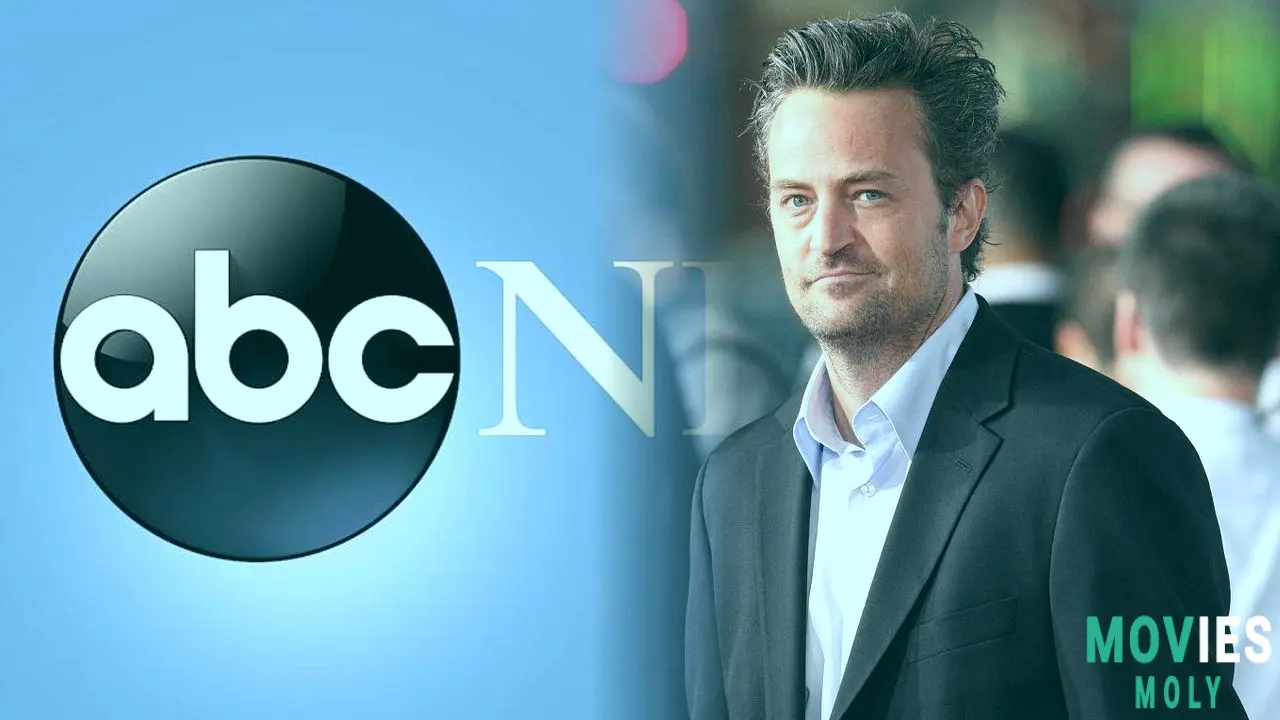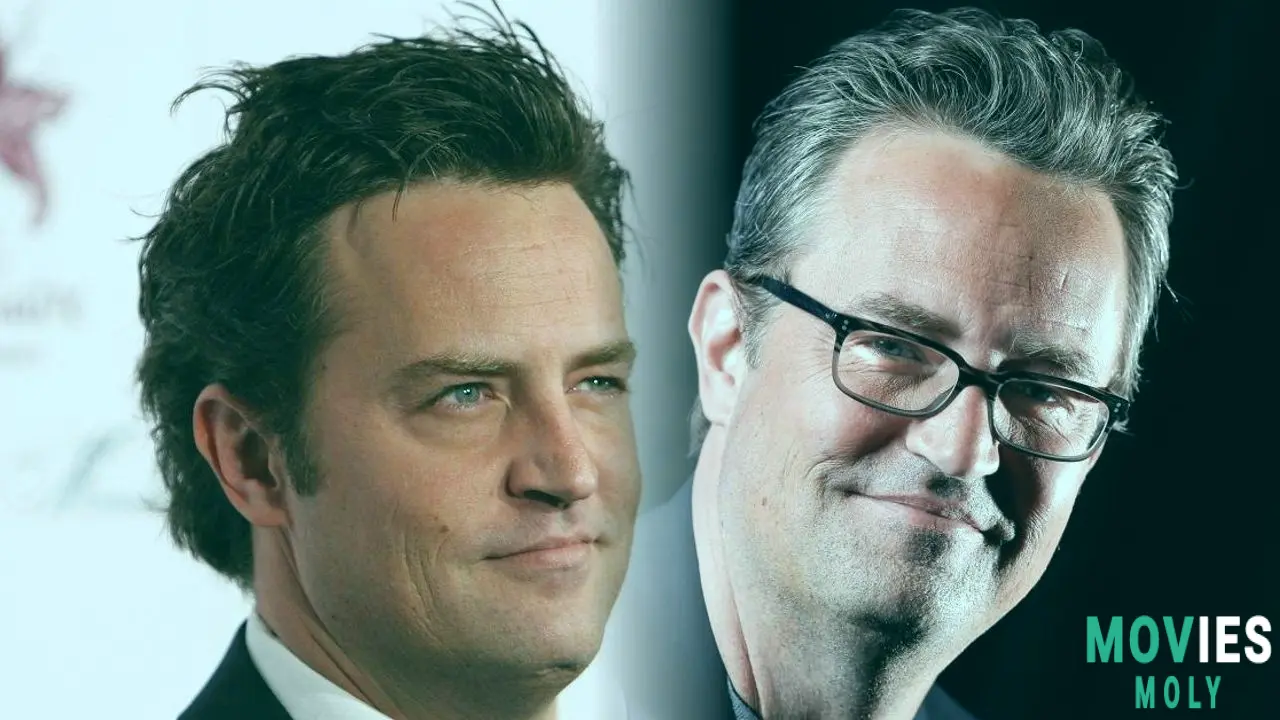There has been a big change in the inquiry into the death of actor Matthew Perry. Dr. Salvador Plasencia has admitted to four counts of giving out ketamine, a substance that is connected to Perry's death in October 2023. This plea is a big step in the ongoing court processes that have shown how complicated it is to sell drugs illegally and how dangerous it is to get medical care without supervision.
Perry, who was well-known for his role as Chandler Bing on the hit TV sitcom "Friends," died aged 54 from the "acute effects" of ketamine and then drowned. They found his body in a hot pool at his house in Pacific Palisades.
Many people were greatly impressed by Matthew Perry's path through addiction and his honest telling of his challenges. His legacy goes well beyond "Friends."
The Search for Answers About Matthew Perry's DeathIn May 2024, the Los Angeles Police Department started a formal inquiry to find out how Perry got the high amount of ketamine that killed him. The Los Angeles County Medical Examiner-Coroner ended their inquiry in December 2023, saying that his death was an accident caused by the "acute effects of ketamine." Other factors that may have played a role were drowning, coronary artery disease, and the effects of buprenorphine.
In August 2024, authorities charged five people in connection with Perry's death. Two of them were doctors, one was his personal assistant, and the other two were drug dealers. It is said that these people were involved in giving out the ketamine that killed the actor.
What Dr. Salvador Plasencia's Guilty Plea Means

What does Dr. Salvador Plasencia do?
Dr. Salvador Plasencia, who is also known as "Dr. P.," is a doctor who lives in Santa Monica, California. The inquiry into Matthew Perry's death named him as a main suspect. In a federal court in Los Angeles, Plasencia admitted to four charges of giving out ketamine. He could get up to 10 years in federal prison for each offense, for a total of up to 40 years. Until his sentencing on December 3, 2025, Plasencia will stay free on bond.
Plasencia's lawyer said that he is "deeply sorry" for the choices he made on how to care Matthew Perry while giving him ketamine. He plans to give up his medical license on his own, admitting that he "failed to protect Mr. Perry, a patient who was especially vulnerable because of his addiction."
The "Underground Network" is another defendant in the case.
Prosecutors say that a "underground network of drug sellers and suppliers" was in charge of getting the ketamine that killed Perry. Plasencia is the fourth person out of five who have been charged in Perry's death to admit guilt. Kenneth Iwamasa, Perry's personal aide, and Dr. Mark Chavez are also guilty.
Iwamasa admitted to one count of conspiracy to distribute ketamine that caused death. He admits to giving Perry ketamine shots over and over again without any medical expertise, including on the day Perry died. Another doctor, Dr. Mark Chavez, admitted to one count of conspiracy to distribute ketamine. Chavez confessed to distributing ketamine to Plasencia, some of which he stole from his old clinic. Text conversations between Plasencia and Chavez purportedly show them talking about how much money they could obtain from Perry for ketamine. Plasencia is said to have texted, "I wonder how much this moron will pay."
The last defendant who hasn't reached an agreement with the U.S. Attorney's Office is Jasveen Sangha, who prosecutors call the "Ketamine Queen." People say that Sangha gave Perry the deadly amount of ketamine. Her trial is set to start in August.
Matthew Perry's guilty plea in his ketamine case shows how important it is to have tougher rules for drug distribution and medical care at home.
What Ketamine Did to Perry's Death

What you need to know about Ketamine and its risks
The FDA has approved ketamine as a general anesthetic. It is a dissociative anesthetic that can also cause hallucinations. It is also given to those with depression and chronic pain even though it is not approved for those disorders. But people have used ketamine as a recreational drug before, and it's sometimes called "Special K." Using drugs without supervision is very dangerous since it can lead to addiction, serious mental health problems, and damage to organs like the bladder and kidneys.
Perry was getting ketamine infusion therapy to help with his depression and anxiety. This is a legal but off-label treatment. But detectives found that he was looking for the medicine illegally outside of his licensed prescription. At the time of Perry's death, the amount of ketamine in his bloodstream was in the range used for general anesthesia during surgery, which is far more than what would be expected from a recent therapeutic dose.
Matthew Perry's Fight with Addiction and What He Left Behind

Matthew Perry talked freely about his long battle with addiction throughout his life. He wrote an honest book called "Friends, Lovers, and the Big Terrible Thing" just before he died. In it, he talked about his struggles with alcohol and narcotic addiction, hospital stays, and relapses. He spent almost $9 million on his attempts to get sober and went to treatment 15 times.
Perry was a strong supporter of addiction treatment, even though he had his own problems. He wanted people to remember him for helping others get through the same problems. He turned his Malibu home into "Perry House," a sober living center for men, which stayed open until 2015. The Matthew Perry Foundation was set up after his death to carry on his work of helping others who are struggling with addiction.
Matthew Perry's tale is a striking reminder of how bad addiction can be and how important it is to have treatment tools that are easy to get to and honest.
Wider Effects: Ketamine Therapy and Selling It Illegally
The tragedy of Matthew Perry shows how important it is to have stricter rules for drug distribution and medical care at home. The growing availability of ketamine through illegal means or the internet is a big safety issue, especially because it could be fake or low-quality pharmaceuticals.
Experts say that ketamine could be a good way to treat mental health problems if it is given by qualified professionals who keep an eye on the patient. However, because there are no rules for at-home therapy, people could misuse it, become addicted, and suffer serious health problems. People are becoming more worried about "underground criminal networks" that take advantage of weak people to get money.
The ongoing inquiry into Matthew Perry's death shows how dangerous it is for drug networks to prey on weak people.
A Timeline of Important Events in the Matthew Perry Case
Matthew Perry wanted people to remember him for assisting others. Even though this example is sad, it can help raise awareness and bring about change in addiction support.
Looking for Help: Resources for Addiction and Safe PracticesMatthew Perry's death was very sad, and it serves as a strong reminder of how dangerous addiction and the unregulated sale of drugs can be. There are resources available if you or someone you know is having trouble with drugs or alcohol. You can call the Substance Abuse and Mental Health Services Administration (SAMHSA) at 1-800-662-HELP (4357) for help finding treatment centers and support groups that are private. Groups like Alcoholics Anonymous (A.A.), Narcotics Anonymous (NA), and SMART Recovery are also very helpful.
If you have any health problems, it's crucial to get expert medical advice, especially if you're thinking about using banned medications like ketamine as a treatment. Using drugs without supervision or getting them through illegal means might have serious and unexpected effects.






